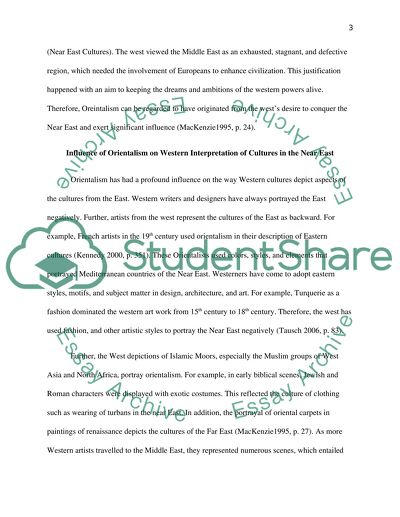Cite this document
(“Explain what is meant by orientalism. Discuss how this has influenced Essay”, n.d.)
Retrieved from https://studentshare.org/anthropology/1444839-explain-what-is-meant-by-yporientalismy-discuss
Retrieved from https://studentshare.org/anthropology/1444839-explain-what-is-meant-by-yporientalismy-discuss
(Explain What Is Meant by Orientalism. Discuss How This Has Influenced Essay)
https://studentshare.org/anthropology/1444839-explain-what-is-meant-by-yporientalismy-discuss.
https://studentshare.org/anthropology/1444839-explain-what-is-meant-by-yporientalismy-discuss.
“Explain What Is Meant by Orientalism. Discuss How This Has Influenced Essay”, n.d. https://studentshare.org/anthropology/1444839-explain-what-is-meant-by-yporientalismy-discuss.


